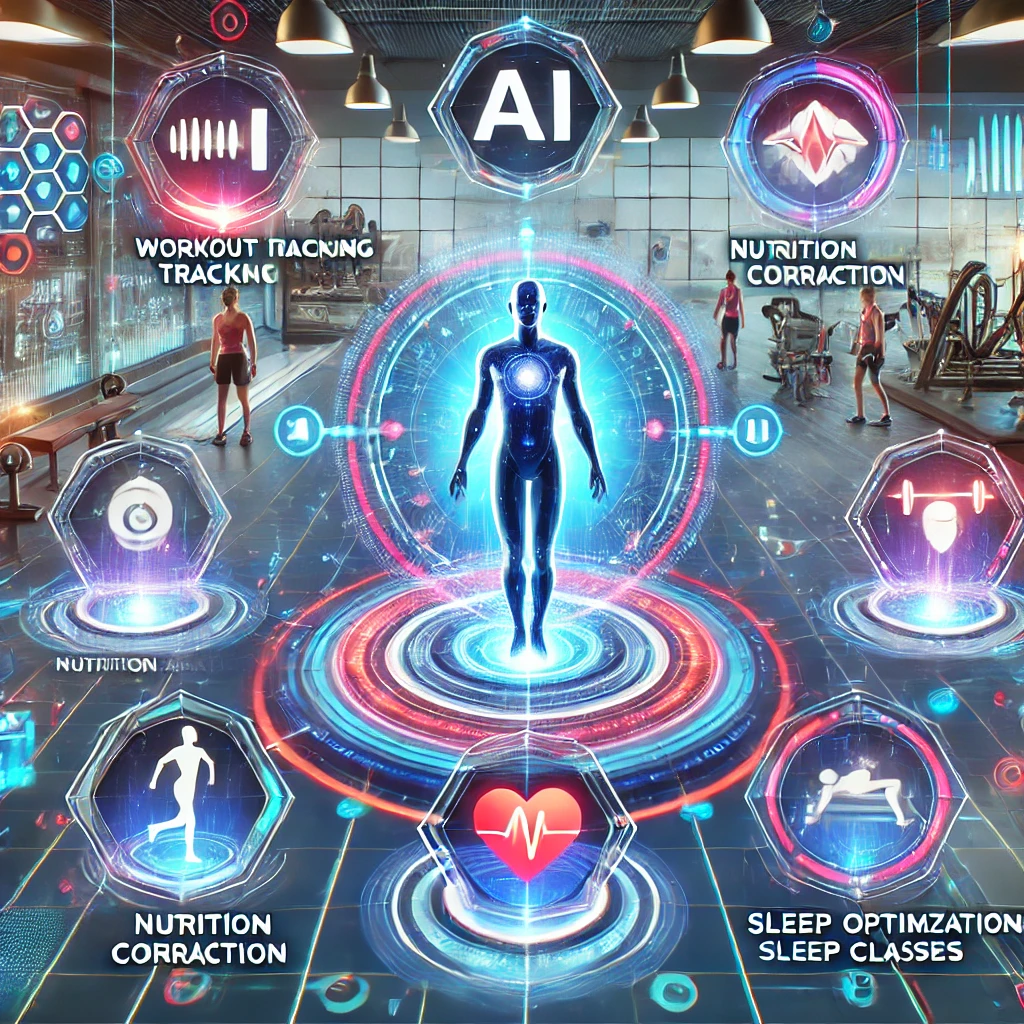In recent years, technology has revolutionized nearly every aspect of our lives. From how we communicate to how we work; the digital world has changed the way we function. Mental health is no exception. With the growing demand for accessible and affordable mental health support, Artificial Intelligence (AI) has stepped into the spotlight as a promising solution.
AI-driven digital therapy is transforming the field of mental health by offering innovative and accessible tools to help people manage their mental well-being. In this article, we will explore the role of AI in providing digital therapy and counseling services, and why it represents the future of mental health support.
The Role of AI in Mental Health Support
AI in mental health refers to the use of machine learning algorithms and other AI technologies to assist in the treatment of mental health issues. These systems can analyze data, recognize patterns, and provide recommendations to both therapists and patients. AI-powered digital therapy tools can deliver mental health care through online platforms, apps, and chatbots. They offer users easy access to therapeutic support at any time, breaking down barriers to treatment such as location, cost, and stigma.
AI can be particularly useful for people who face challenges in seeking traditional therapy. Many individuals struggle to find time to meet with a therapist, feel uncomfortable discussing their problems in person, or are unable to afford consistent counseling. AI-powered tools make mental health support more accessible by offering help on demand, often at lower costs compared to traditional therapy.
Features of AI-Powered Digital Therapy
AI-driven digital therapy comes with several key features that enhance its effectiveness and accessibility. Some of these features include:
1. Personalized Care
AI can provide personalized therapy based on an individual’s mental health needs. By analyzing the user’s responses, AI systems can recommend coping strategies, track mood patterns, and adjust treatments in real-time. This ensures that the therapy is tailored to the specific needs of each person, making it more effective.
2. Chatbots and Virtual Counselors
One of the most popular features of AI in mental health support is the use of chatbots and virtual counselors. These digital agents use natural language processing (NLP) to engage in conversations with users, helping them express their thoughts and feelings. These chatbots can offer cognitive-behavioral therapy (CBT) techniques, provide emotional support, and suggest coping mechanisms based on the user’s input.
3. Continuous Monitoring and Feedback
AI-based platforms can monitor a user’s mental health continuously, analyzing their behavior, mood, and emotional responses over time. This data helps the system to offer real-time feedback and interventions. By tracking patterns, these tools can provide early warnings about potential mental health issues before they become severe.
4. 24/7 Accessibility
Unlike traditional therapy, which requires scheduling sessions, AI-powered therapy tools are available 24/7. This means users can access support whenever they need it, whether during a difficult moment or when they’re feeling overwhelmed. This kind of immediate accessibility can be life-changing for people struggling with mental health crises.
How AI Therapy Tools Work
AI therapy tools typically work by collecting and analyzing data from users. This data can include answers to questionnaires, mood tracking, or even biometric information like heart rate and sleep patterns. The AI system then uses this data to identify patterns, offering personalized advice or interventions.
For example, a person using a mental health app might log their daily emotions and thoughts. The AI will analyze this information to detect changes in mood or behavior and may provide suggestions such as breathing exercises, mindfulness practices, or a recommendation to contact a professional therapist if more serious concerns arise.
In some cases, AI tools may connect users with licensed mental health professionals when more in-depth or human-guided therapy is needed. This combination of AI-driven support and human intervention helps create a comprehensive mental health care system.
Use Cases of AI in Digital Therapy
AI-powered digital therapy is already making an impact in several areas of mental health care. Here are a few key use cases:
1. Anxiety and Depression Management
Many AI tools are designed to help individuals manage anxiety and depression. These platforms offer guided therapy sessions, mood tracking, and coping strategies to help users navigate their feelings.
2. Addiction Recovery
AI tools are being used in addiction recovery to provide users with personalized recovery plans and track their progress. They offer emotional support and guidance, especially in moments of weakness, helping users stick to their goals.
3. Workplace Stress Management
AI-driven mental health tools are increasingly being adopted by companies to help employees manage workplace stress. These platforms offer stress-relief exercises, mindfulness training, and even virtual counseling to improve employees’ mental well-being.
Benefits and Challenges of AI in Mental Health
Benefits
The use of AI in digital therapy offers numerous benefits, including:
- Accessibility: AI tools make mental health care more accessible to people in remote areas or those who cannot afford traditional therapy.
- Affordability: Digital therapy is often more affordable, reducing the financial burden on individuals seeking help.
- Stigma Reduction: Many people feel uncomfortable seeking therapy due to stigma. AI tools offer a more private and discreet option for accessing mental health support.
Challenges
However, there are some challenges:
- Lack of Human Connection: While AI can be incredibly helpful, it cannot fully replace the empathy and understanding of a human therapist.
- Data Privacy Concerns: As these tools collect sensitive personal data, there are concerns about the privacy and security of users’ information.
Conclusion
AI and digital therapy are paving the way for the future of mental health support. By offering accessible, affordable, and personalized care, AI-driven tools are breaking down barriers to mental health treatment. While they cannot entirely replace human therapists, AI tools serve as a valuable resource for managing mental health and providing support in real-time. As technology continues to advance, AI will undoubtedly play an even more significant role in helping individuals achieve better mental health outcomes.


